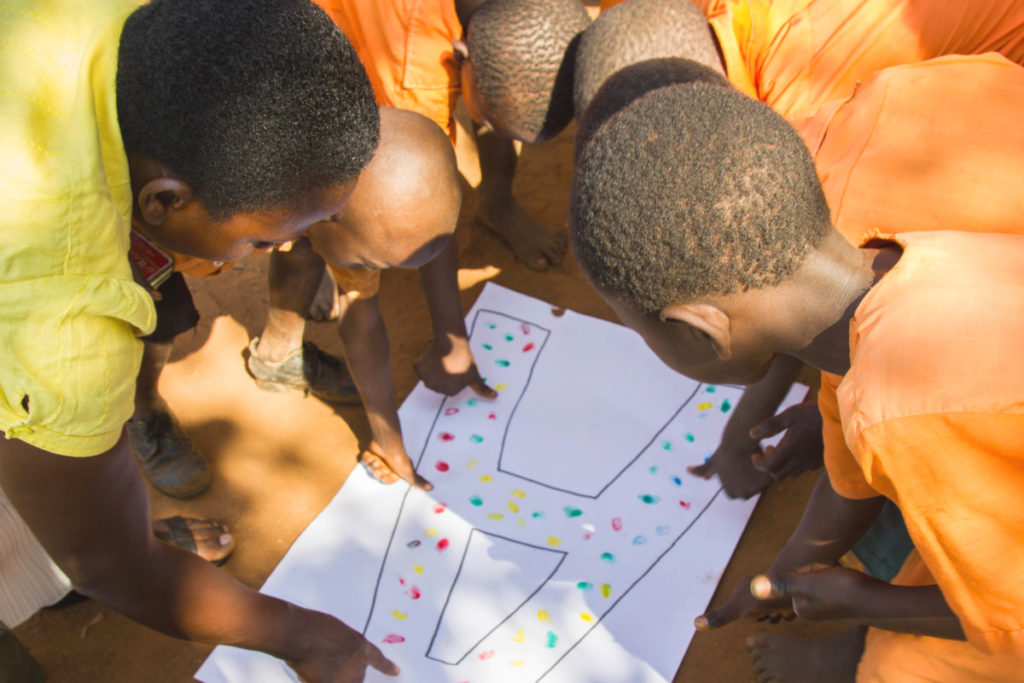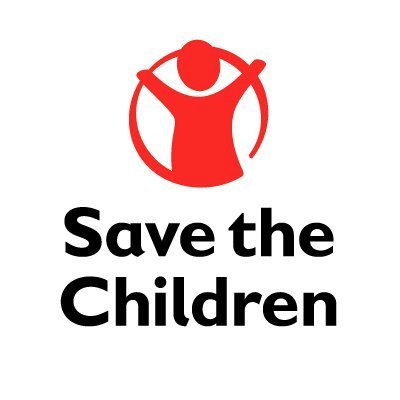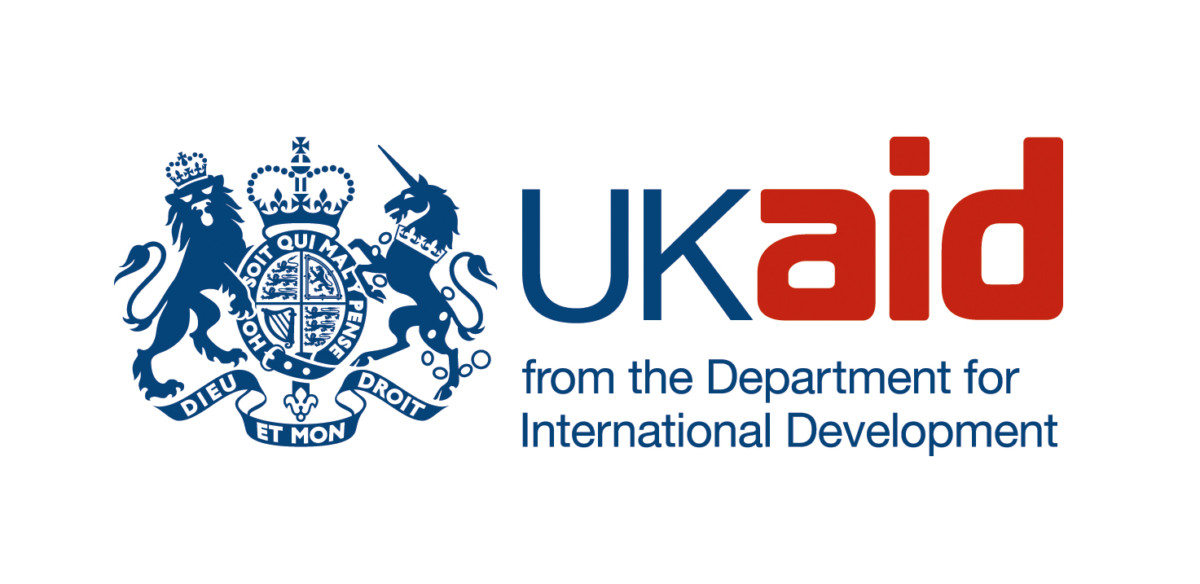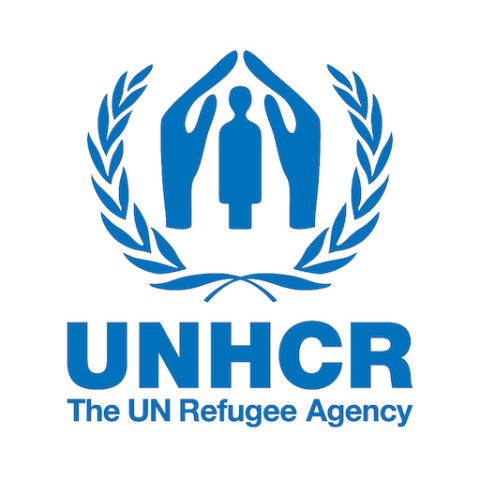Learning
Many people assume that play is a frivolous activity, yet play-based learning is a hugely effective and sustainable approach to education:
“Play is serious business for the development of young learners. When well designed, a play-based approach taps into children’s individual interests, draws out their emerging capacities, and responds to their sense of inquiry and exploration of the world around them. It generates highly motivated children enjoying an environment where the learning outcomes of a curriculum are more likely to be achieved.”
Charles Pascal
Play provides children with a rich context for learning, through which they can make sense of their world. During play children try new things, solve problems, invent, create, test ideas, explore and discover. Play-based learning has been shown to improve a child’s IQ and help them develop a wide range of skills – such as problem solving, language development and social skills – that support academic achievement. Incorporating play in education, especially in environments where educational resources are limited, helps children consolidate, retain and apply knowledge, rather than just absorb information. Evidence from our own Educational Play Programmes shows that play-based learning improves academic performance, improves behaviour, reduces drop-outs and increases attendance.
Global research found that in disadvantaged communities across the world where play-based learning initiatives were implemented…
- Average monthly earnings increased by 42% over 20 years compared to other children
- Participants achieved 44% higher school graduation rate while the percentage with bachelor degrees increased by 17%
- The individual and social economic benefit was $244,812 per participant over 40 years
- Participants achieved an employment rate 7 times higher than expected based on their level of educational attainment
Our Play for Learning work is underpinned by Goal 4 of the UN Sustainable Development Goals – Quality Education:
“Ensure inclusive and equitable quality education and promote lifelong learning opportunities for all.”
We are proud to deliver a broad spectrum of programmes that meet the diverse needs of children across the world, which are all unified by a child’s innate need and human right to play.
